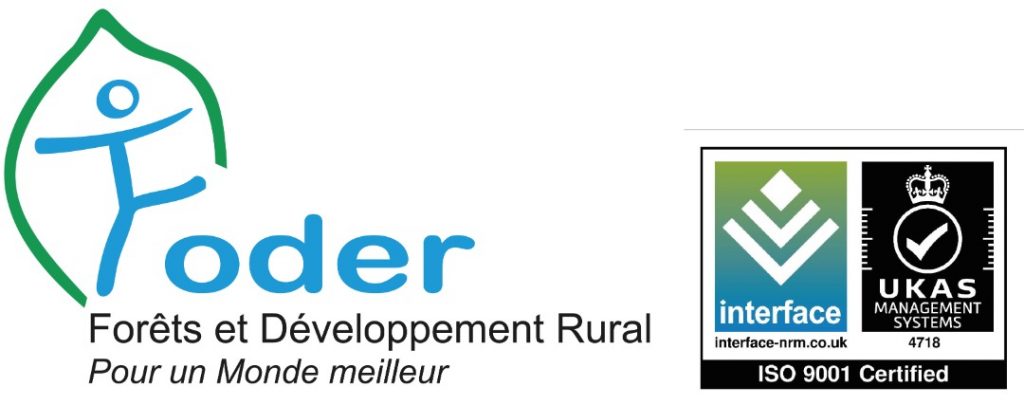We are pleased to be able to bring you our first online, self-study course, accessible to both individuals and organisations. This online training can be particularly useful for project/programme managers and other development practitioners looking to use a results-oriented approach to designing and monitoring projects or programmes as well as developing strategic plans and institutional results frameworks.
Informed by real experience
CIDT has a long history of conducting training and facilitating workshops on the Logical Framework Approach (LFA) and Results-Based Management (RBM) to a wide variety stakeholders working in international development — including the Food and Agriculture Organization of the United Nations (FAO), the United Nations Industrial Development Organization (UNIDO), the World Trade Organization (WTO), and diverse organisations from civil society, government and the private sector.
Now you can benefit from our experience and expertise by taking this online course, which is designed to introduce you to a range of project/programme thinking tools, terminology and concepts that will enable you to develop a basic LogFrame – and more!
Accessible, practical and interactive
This training programme is not academic or theoretical, but is designed to support development practitioners with practical approaches and advice for designing, managing and assessing results-oriented projects, programmes and organisational performance. It features interactive exercises, a case study and a library of downloadable resources.
Study in your own time, at your own pace
The course consists of ten modules and should take 6-10 hours to complete. After going through the ‘seven simple steps’ of the LFA, there will be an end-of-course test to check your knowledge and learning. After passing, you will receive a Certificate of Completion from the University of Wolverhampton.

